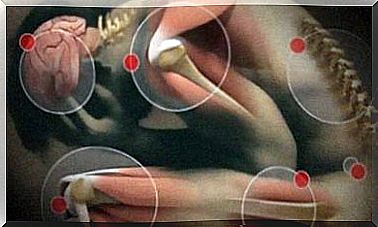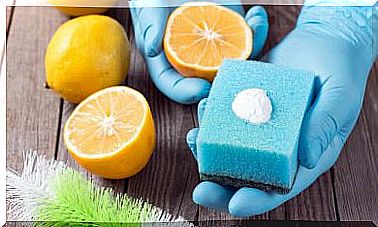How Effective Is Mindfulness For Children And Adolescents?
If we manage to integrate mindfulness into the everyday life of our children, it can positively enrich many areas of their lives and their personalities.
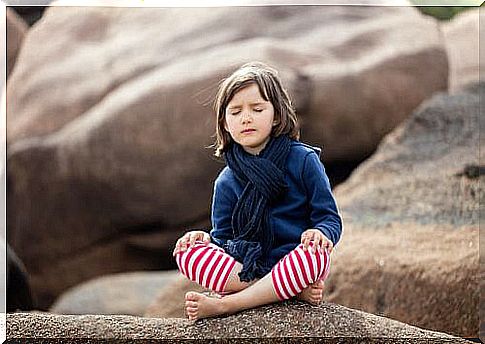
Mindfulness is in vogue. It is a method that has helped many people to partially eliminate their stress and anxiety. She has helped many people enjoy richer and more fulfilling lives. But what about mindfulness for children and adolescents ? Can Mindfulness Help You?
Children are often exposed to great stress. It may be possible to save them a lot of trouble later by teaching them this method from a young age. Today we want to take a closer look at the benefits of mindfulness for children and teenagers .
Mindfulness for children
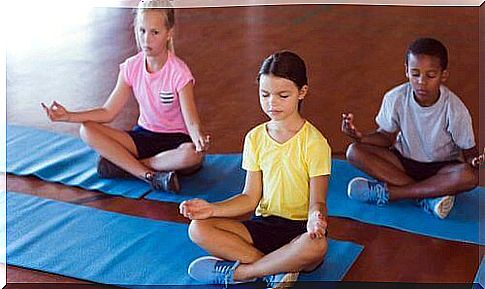
Children are like sponges. So if you teach them this method from a young age, it can really bring about great results.
To make the method effective for them, they need to practice fun activities. This enables us to give them what we really want to make them understandable and to incorporate it into the method.
Bee breathing
As one of the first exercises, you could teach them “bee breathing”, which is to sit up straight and pay attention to your breathing.
- Then have them tap their ears with their thumbs while their hands are behind their heads.
- Then they close their eyes and breathe deeply. When you exhale , they make the sound of bees after “bzzzzzzz”.
The worry tree
Another exercise is the story of the famous worry tree. There they give up their worries so that they don’t float around in their heads. Then he releases them.
If we teach them to do this while they are little, we can enable them not to walk around with their heads full of worry. In the end, these are thoughts that do not help you. They will benefit from this in the future.
Other exercises
There are many other child and teen mindfulness exercises that you can do. You may already know how some of them work. They are made up of games like “the alert mindset”, “the game of silence”, “watch like a detective”, and “pay attention, what can you hear?” together.
They are all very effective if you practice them regularly. They can be practiced as a habit both at home and at school.
Mindfulness for Teens
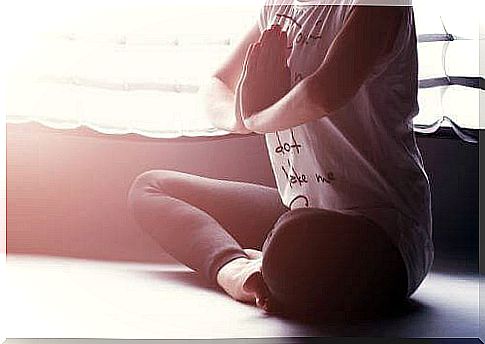
Being a teenager is tough. However, if you incorporate mindfulness into this process, you can make it a little easier.
This workout is great for teenagers. This means that you can use variations of the exercises for children that we have already discussed. Since they are now in a phase in which they understand things better, they can also better understand the benefits.
When mindfulness is passed on to teenagers and made into a habit like eating, sleeping, or brushing teeth, positive results will follow in the long run.
- Thanks to the exercises, teenagers will gain more patience
- You will know better how to deal with your emotions.
- In addition, they will learn to observe their thoughts without judging them. At the same time, they will leave their troubled minds behind. This is the best way to help you get rid of your worries, fears, school stress and other problems.
- If you use mindfulness, your grades can even improve.
- As a result, they will grow and mature personally.
Parental support

Parents have a very big influence on their children. It is therefore very helpful to motivate them to do these exercises as early as possible.
It’s a win-win situation for everyone!
Working on mindfulness together is also a great way to spend relaxing hours with the children. Everyone can learn something new.
Do not underestimate mindfulness for children and adolescents . You can save yourself – and your children – a lot of unnecessary conflicts, worries and stress. And in doing so, you will also mature and grow.
This workout is very effective when it becomes a habit. To do this, you need persistence and patience.
Don’t expect immediate results. After a one-time session with your child, you will not be able to improve their grades or outbursts of anger.
This is only possible with time and patience …





